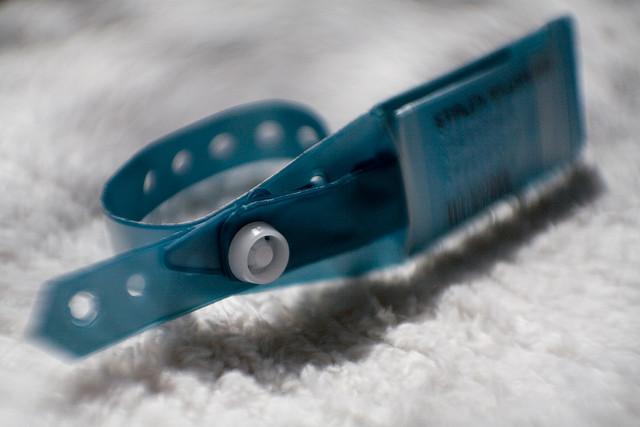A breakthrough treatment for pediatric leukemia has been brought to the University of Wisconsin Carbone Cancer Center.
The experimental practice, called immunotherapy, will treat pediatric leukemia patients who have relapsed and have very limited treatment options, principal investigator of the clinical trial and UW pediatric hematology oncologist Christian Capitini said.
When a patient relapses, usually their only options are chemotherapy or bone marrow transplants, both of which have a very low chance of putting the patient in remission, Capitini said. This experimental treatment will reprogram a patient’s T-cells to recognize and kill cancer cells.
“It’s a more personalized approach,” Capitini said.
This is the first time this type of treatment will be available in Madison, Capitini said. Before this treatment, there were no approved drugs available in the area with a high success rate.
The program at UW is part of a pediatric cancer “dream team” made up of several other research universities and sponsored by the St. Baldricks Foundation and Stand Up to Cancer, which was founded in part by Katie Couric.
Capitini said the ultimate goal of the “dream team” is to combine innovation and immunology to create immune-based treatments for cancer. Fellow member of the “dream team,” University of Pennsylvania, was the one to develop the technology for this new treatment. UW is one of only two members of the team to take part in the new trial.
“The ‘dream team’ is made of seven different hospitals, but only two will participate in this trial,” Capitini said.
The side effects of this new trial, which has already begun in Madison, vary widely, Capitini said. Some can be as simple as a fever and loss of appetite while others can include a severe drop in blood pressure and hospitalization, he said.
However, other team members completed a phase one study of the trial and saw success, Capitini said.
“They had 27 out of 30 adults go into remission,” he said. “But with any experimental trial it’s not a guarantee, you have to balance potential benefit with the potential risks.”
Capitini said he is hopeful about the trial and the future of immunotherapy treatments.


